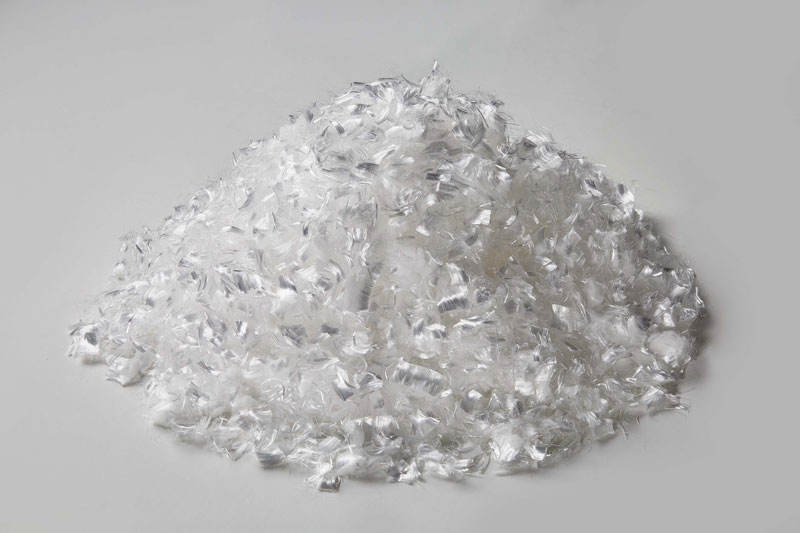
Polypropylene Microfiber
Concrete is the most widely used material after water in the world, so that its production and per capita consumption is considered as one of the indicators of development, a development that meets our needs today and the environment makes it available to future generations.
concrete resistance during service life is one of the principles of sustainable development in the construction industry, which requires knowledge, skills and technology in all pillars of production and consumption.
The use of various fibers to improve the mechanical properties and sustainability of concrete, mortar and other cement products has long been common and known.
polypropylene (PP) micro synthetic fibers are the most widely used. The role of these fibers in improvement of concrete consistency and sustainability has been studied and proven in various researches, so it has been used in most concrete structures in the world as one of the main ingredients of concrete.
Mana Sarvat Iranian Company produces polypropylene fibers under the brand name “Mana Fiber” with the purest raw materials that are provided from reputable petrochemicals inside Iran also the best machinery and technology in the world.
Our mission is to produce high quality, value creation and knowledge improvement
“We reinforce your concrete “
| Technical Data | |
| Raw Material | 100% Virgin Polypropylene |
| Melting Point | 160°C-170°C |
| Density | 0.91 g/cm³ |
| Thickness | 3 Denier |
| Tensile Strength | ≥400 MPa |
| Fiber Length | 3-6-12-19(mm) |
| Shape | Monofilament Fiber |
| Surface | Coated for Dispersion |
| Water Absorption | No |
| Acid Resistance | High |
| Alkali Resistance | High |
| How Impact on Concrete | Consumption of Polypropylene Fibers In Concrete and Mortar |
|||
| (Kg/m3) | ( Vf %) | |||
| Reduction of Shrinkage Cracks | At least 0.910 | At least 1% | ||
| Improve the Mechanical Strength, Increase Modulus Rupture, Increase the Impact Strength | 0.910<fiber<1.820 | 1%<fiber<2% | ||
| To consume quantities outside the recommended limits and also to choose the appropriate fiber length, contact the technical consultants of Mana Company. | ||||

